UK Driving Laws You Might Not Know About
On By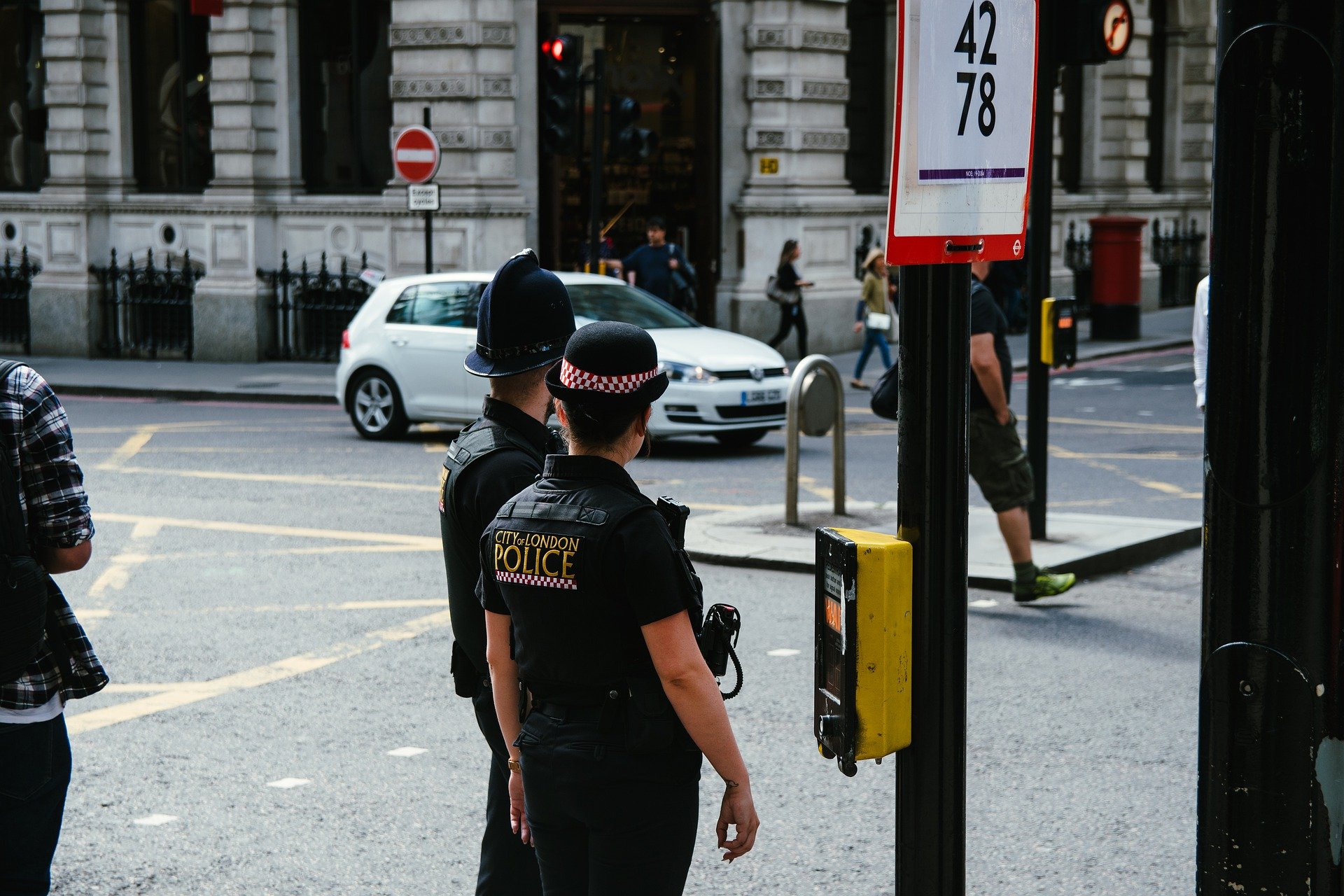
When it comes to driving there are hundreds of different laws that you must abide by, some more obvious than others. In this article you’ll learn about some of the more obscure laws that could catch you out!
Night-time parking
During hours when it is dark it is illegal to park on the road facing against the direction of traffic unless in a recognized parking space. This is to improve your car’s visibility when an oncoming driver’s headlights flash against your rear reflectors.
This is stated very clearly in Rule 248 of the Highway Code.
Mobile phone in drive-throughs
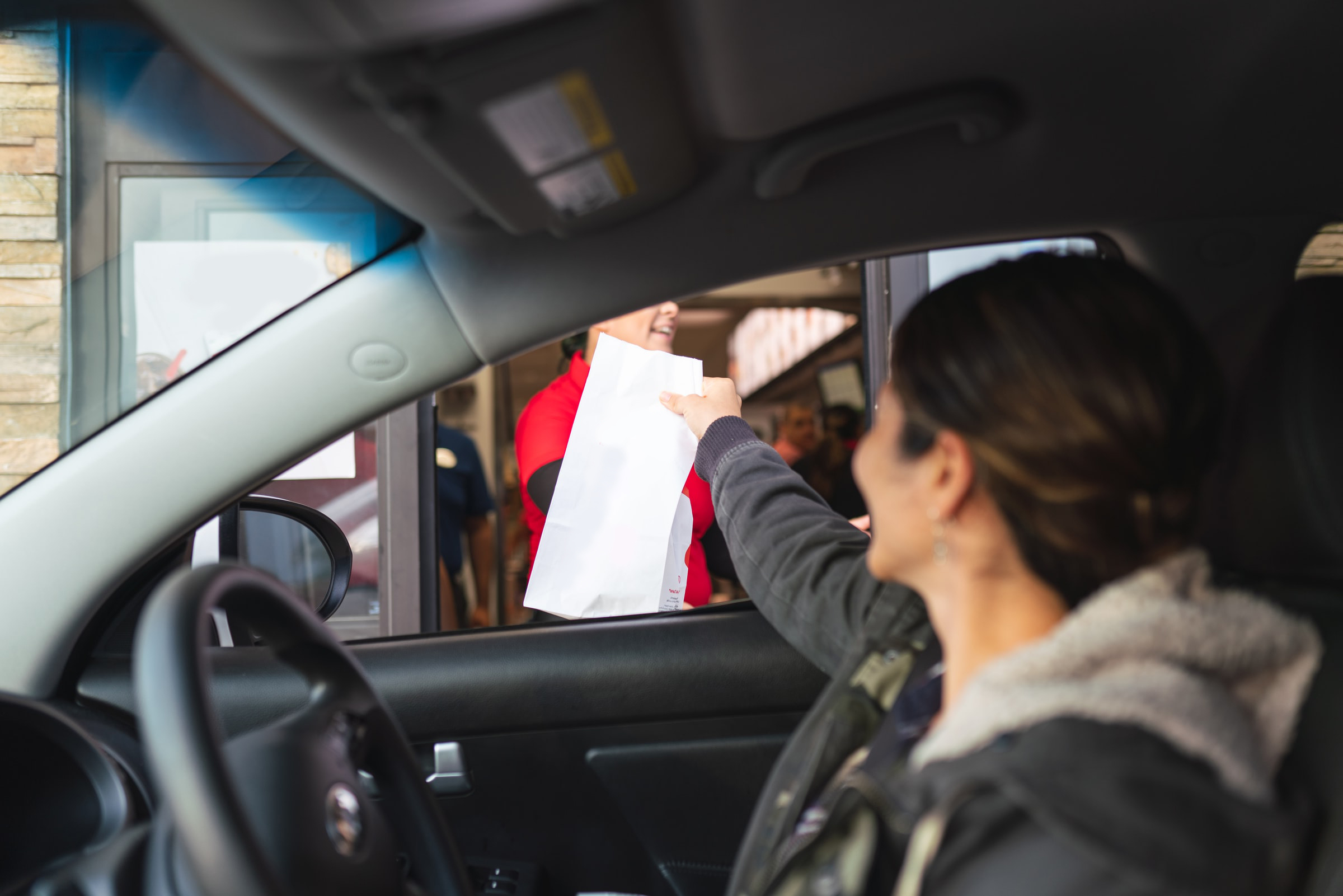
Laws surrounding mobile phones at the wheel have become much stricter in recent years. Existing loopholes that allowed for taking photos have since been amended.
However, it is currently illegal to use your phone for payment at a drive-through. The law states that if your car engine is switched on then holding and using your phone is not permitted under any circumstances, even if the hand brake is on.
Currently, you can get 6 penalty points and a £200 fine if you use a hand-held phone when driving and you’ll also lose your licence if you passed your driving test in the last 2 years.
Failing to declare medical conditions
Any medical condition that can affect your driving must be reported to the DLVA. Failure to do so can land you with a fine of up to £1,000 or can get you prosecuted if you get injured as a result.
Failing to declare a new address
Similarly to any medical conditions, you must also inform the DLVA if you have changed names or addresses. If you don’t do this then a fine of up to £1,000 is enforceable by the police.
Frosted windows and snow on your roof
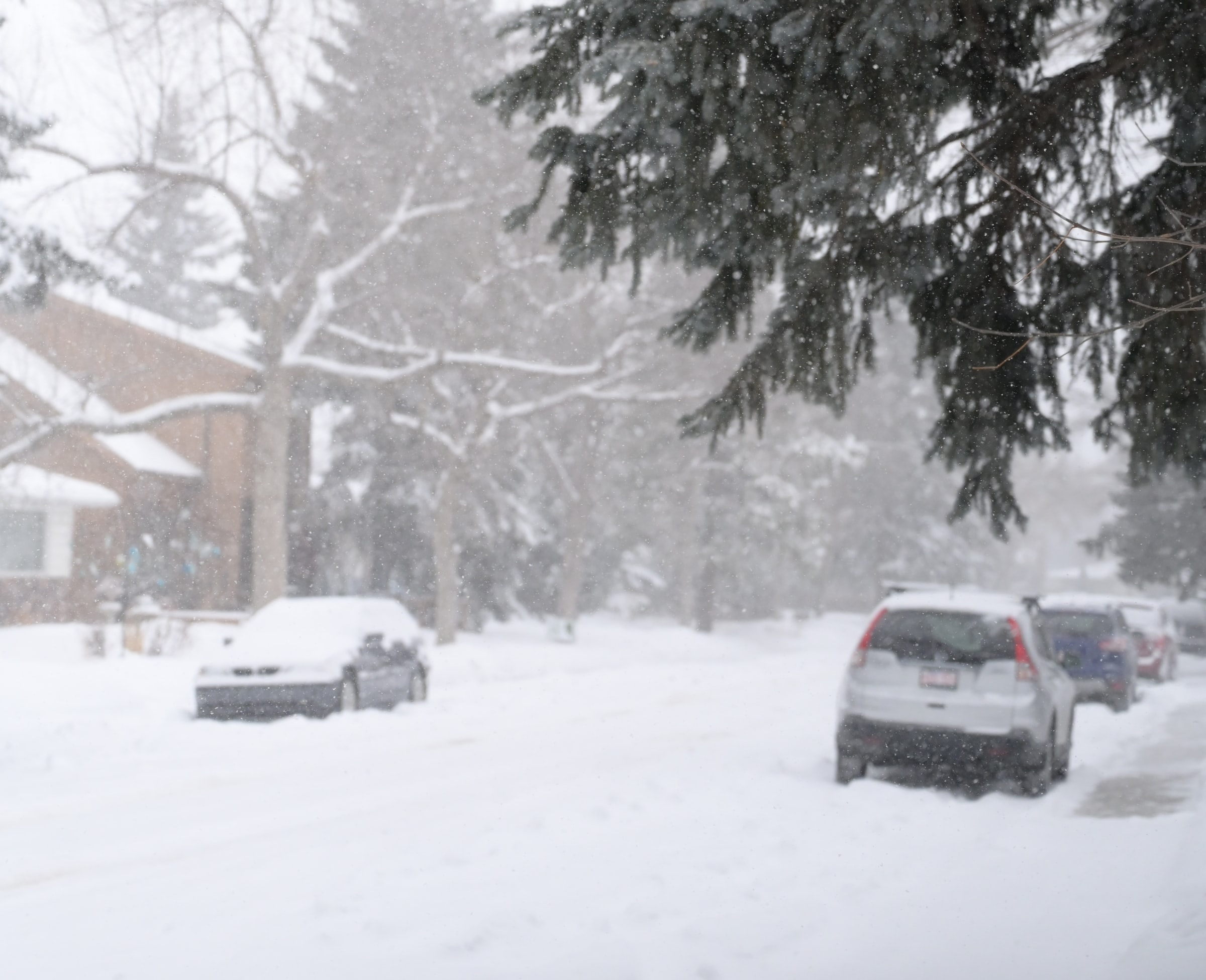
Although there is no explicit law stating that you cannot drive with snow on your vehicle’s roof, the Highway Code stipulates that if driving in adverse weather conditions you must, by law, be able to see out of every glass panel in your vehicle. Harsh braking could cause snow on your roof to fall onto your windscreen whilst driving, thus breaching this law.
Further supported by section 41D of the Road Traffic Act 1988, meaning it is a legal requirement to have a clear view of the road ahead before you set off, the driver must ensure all windows are fully demisted.
Parking on the pavement
Parking on the pavement is something that you see every day when out and about. In London, however, this is against the law.
As stated in the Highway Code since 1974 drivers "MUST NOT park partially or wholly on the pavement in London and should not do so elsewhere unless signs permit it."
This is a law that could be more widely spread across the country with there already being considerations for a nationwide application.
Making a profit from giving lifts
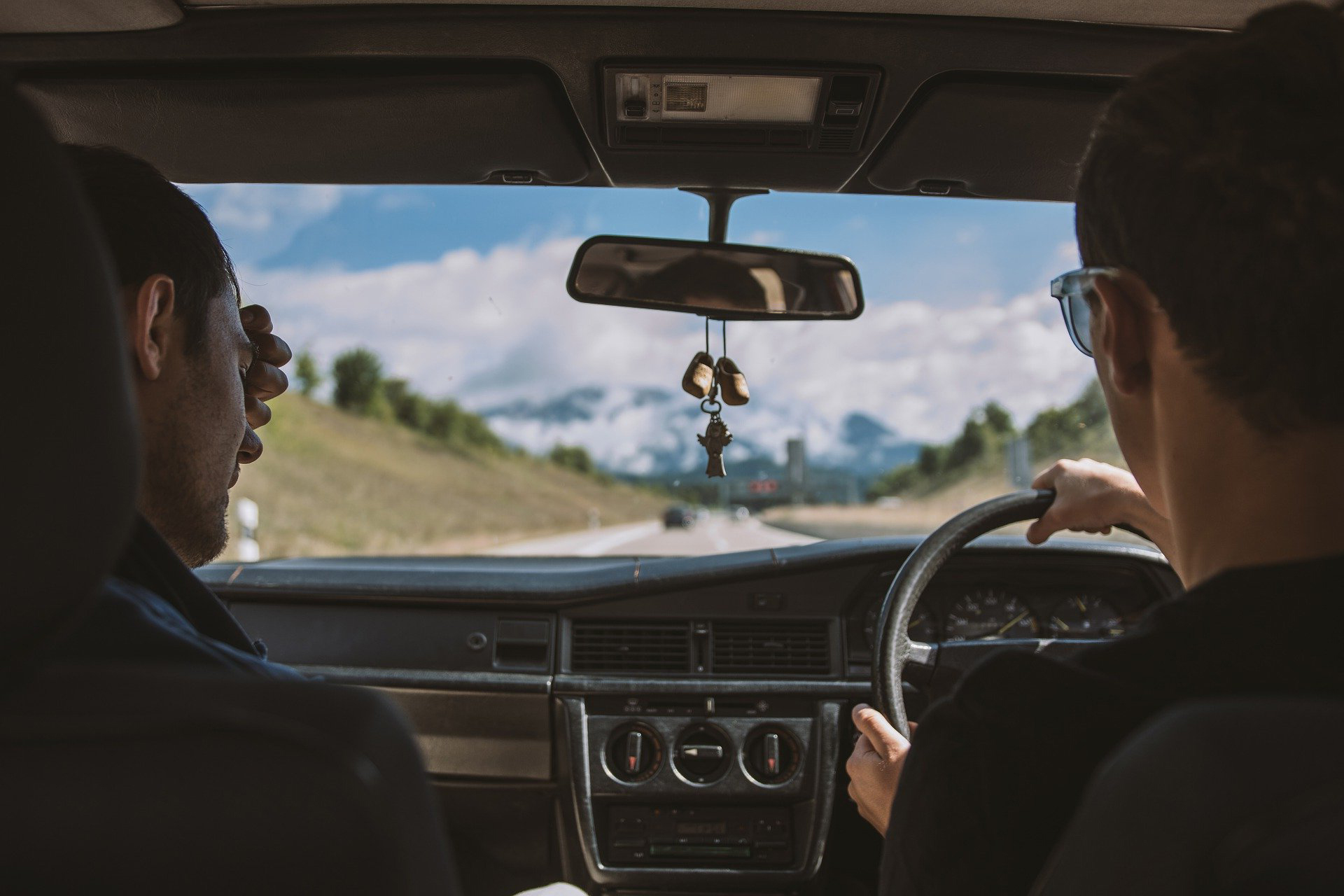
Although unlikely between mates, you can be fined by the police if you’re judged to be making a profit from giving lifts.
Social media groups offering lifts for cash within certain local areas can be classified as illegal taxi services by police. These actions can result in a fine of up to £2,500.
Leaving the engine running
When stationary on a public road it is against the law to sit in your vehicle with the engine running. This comes along with the national push to be cleaner and to reduce emissions.
According to the Highway Code “You MUST NOT leave a parked vehicle unattended with the engine running or leave a vehicle engine running unnecessarily while that vehicle is stationary on a public road”.
Beeping your horn unnecessarily
The purpose of the car horn is to alert other drivers of danger. Using your horn when annoyed, or when stationary and there is no danger is against the law.
Furthermore, a horn should not be used if travelling down a restricted road between the times of 11:30 pm and 7:00 am.
Driving with unrestrained pets
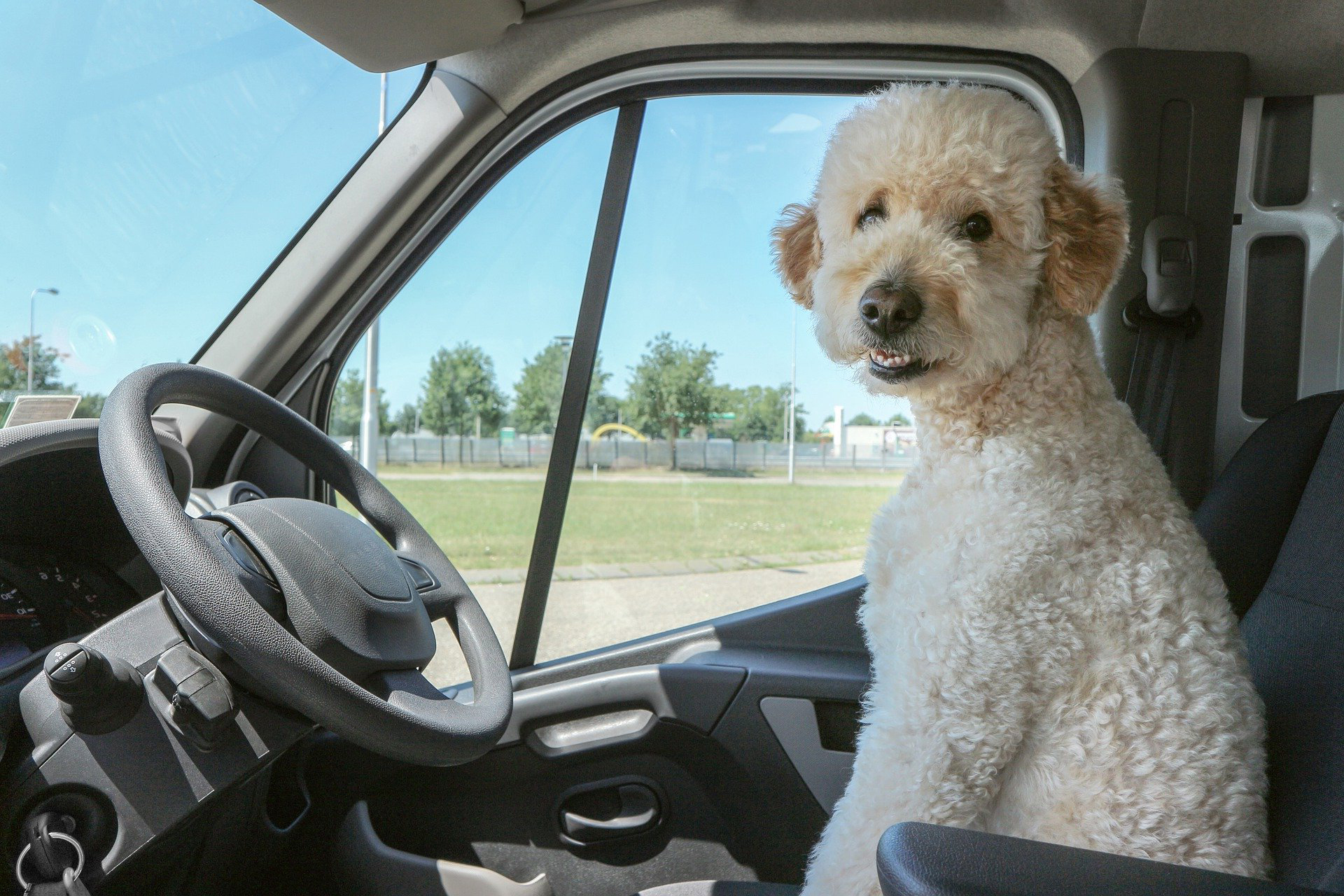
When driving with any pets on board they should be properly secured to avoid distracting the driver. Fines of up to £2,500 for having an unrestrained pet in your vehicle can be issued.
Rule 57 of the Highway Code states "When in a vehicle make sure dogs or other animals are suitably restrained so they cannot distract you while you are driving or injure you, or themselves, if you stop quickly.”
Splashing pedestrians
Though seemingly hard to avoid at times, splashing pedestrians as you drive past is illegal and you can be prosecuted under Section 3 of the Road Traffic Act for careless, aggressive or inconsiderate behaviour on the road.
You can be summoned to court, fined £150 and given three penalty points. The same rules apply to cyclists too.
Towing over 60mph or using the outside lane
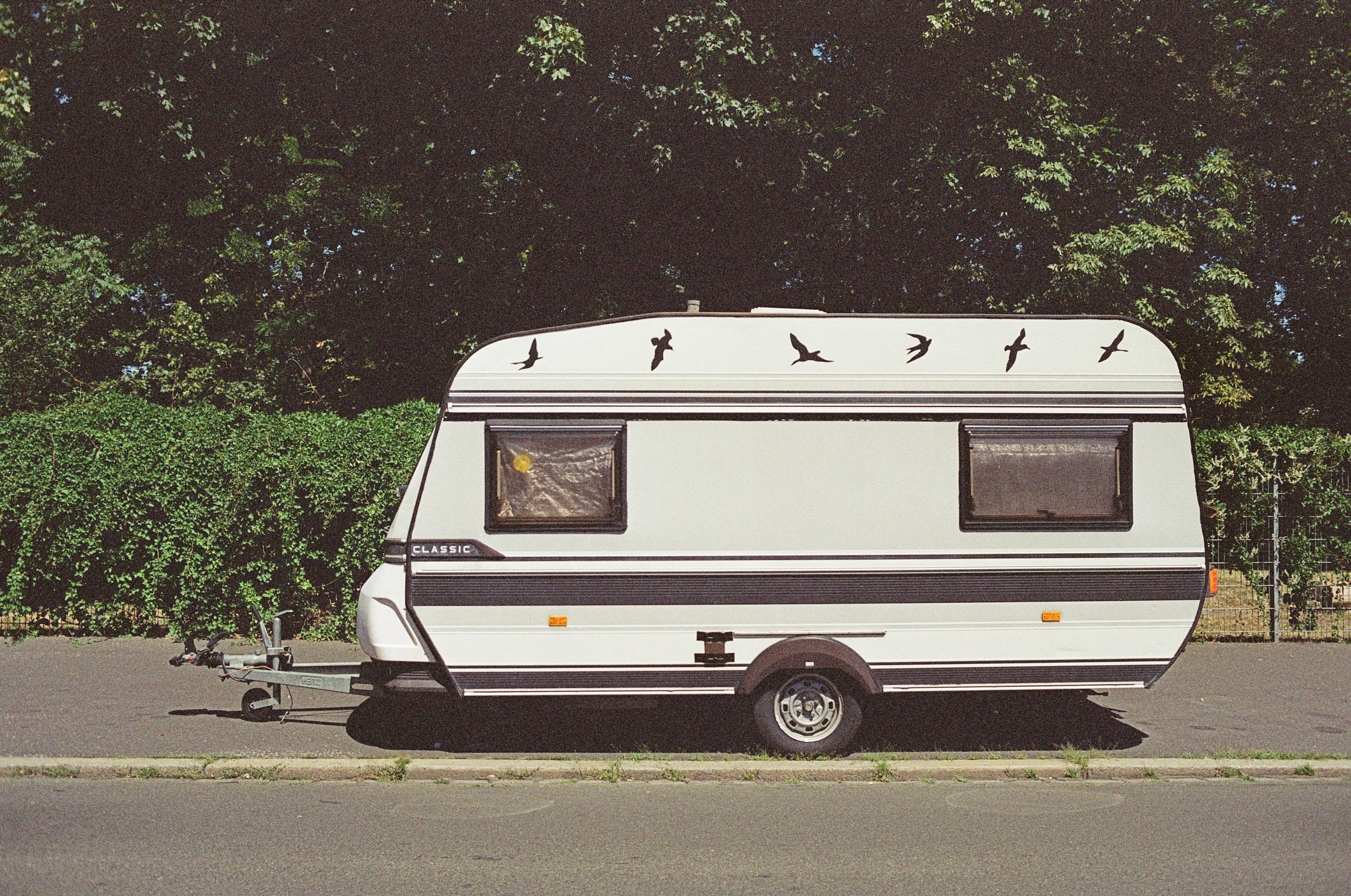
If you’re towing a caravan on a 70mph, three-lane motorway, then you must stick to 60mph and never use the outside lane. On single-carriageway roads where cars are permitted to travel at 60mph, the limit for a car towing a caravan is 50mph.
Hogging the middle lane
It is made very clear in the highway code the rules and importance of proper lane discipline. “You should always drive in the left-hand lane when the road ahead is clear. If you are overtaking a number of slower-moving vehicles, you should return to the left-hand lane as soon as you are safely past. Slow-moving or speed-restricted vehicles should always remain in the left-hand lane of the carriageway unless overtaking.”
Hogging the middle lane is seen as a careless driving offence in the eyes of the law. In 2013, new laws were introduced to give police officers the power to hand out on-the-spot fines of £100 and three penalty points.
Dirty number plate
Having a dirty car is of course not against the law. However, if there is dirt, or anything else for that matter, covering up your number plate then you are breaking the law.
A £1,000 fine can be allocated if you are caught obscuring your plate.
Eating or drinking whilst driving
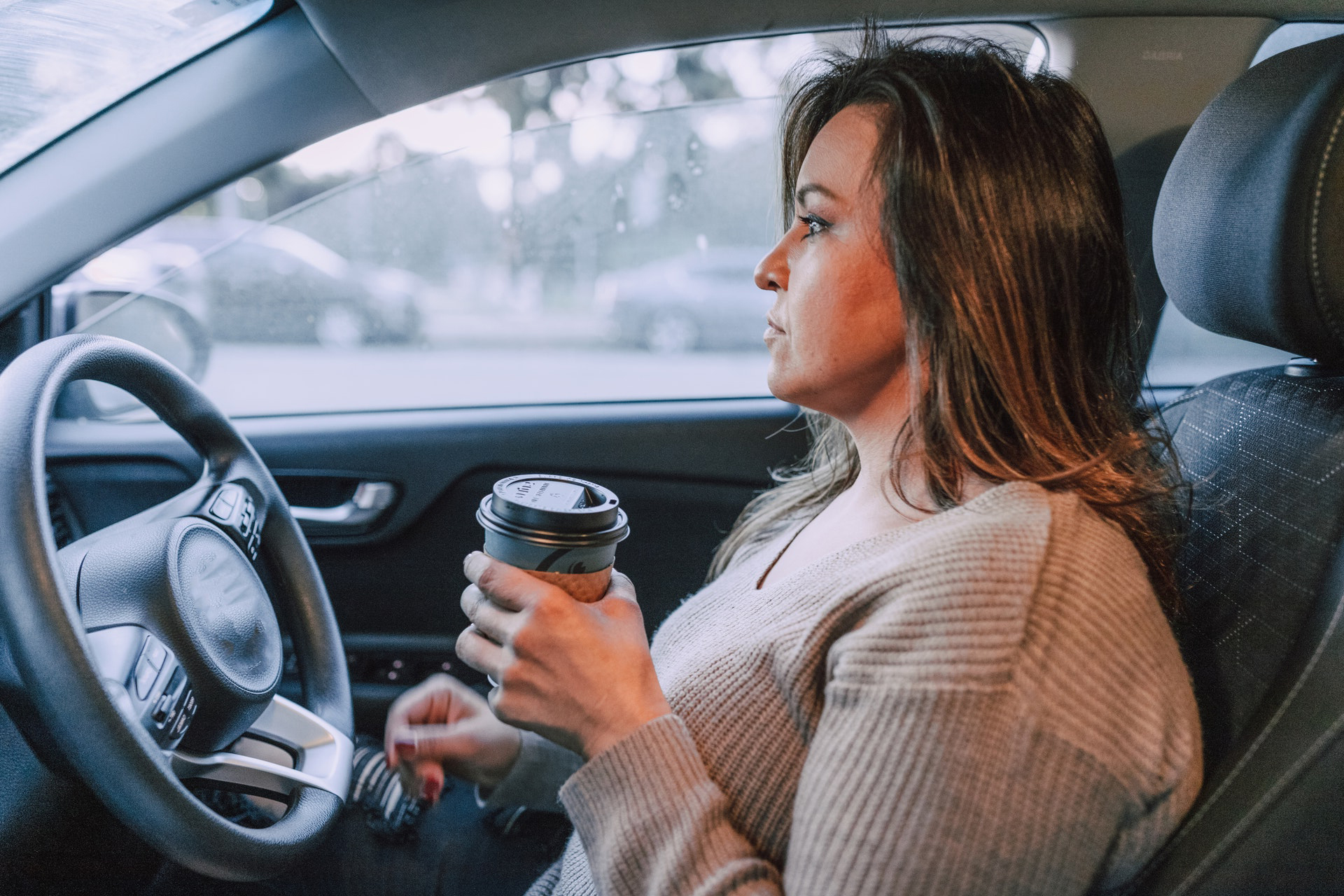
It is not explicitly illegal to eat behind the wheel, however, if you are deemed to be distracted while doing so and are not in proper control as a result, the police may prosecute you for careless driving.
Sleeping in your car when drunk
In the perhaps unlikely event that you end up having to sleep in your vehicle whilst drunk then you could be faced with a hefty fine if caught.
The police can prosecute you for being “drunk in charge of a motor vehicle” under section 4 of the Road Traffic Act 1988. This would result in 10 penalty points and a fine on top of possible prison time and a twelve-month ban.

